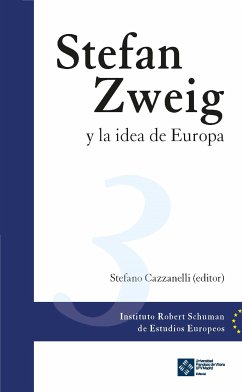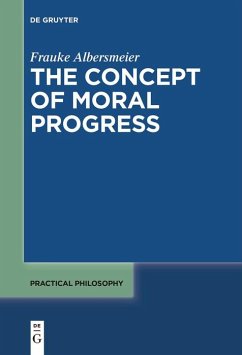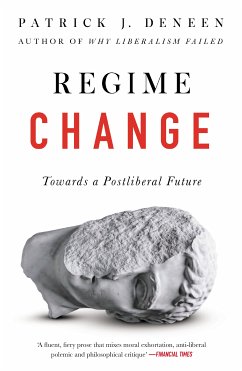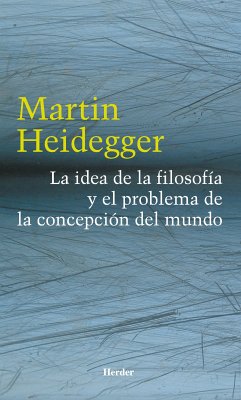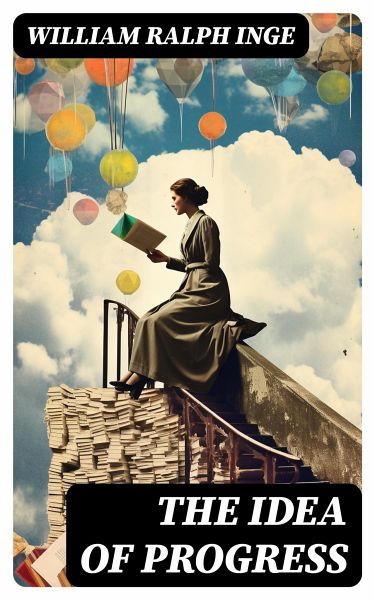
The Idea of Progress (eBook, ePUB)

PAYBACK Punkte
0 °P sammeln!
In "The Idea of Progress," William Ralph Inge examines the philosophical and cultural evolution of the concept of progress from antiquity to the modern era. Inge's engaging prose blends historical analysis with philosophical inquiry, challenging the reader to reconsider the linear narratives of human development. This work stands in context with the early 20th-century debates surrounding modernity, industrialization, and the moral implications of progress, offering insights into how these dynamics shape human thought and societal structures. William Ralph Inge, an esteemed Anglican priest, the...
In "The Idea of Progress," William Ralph Inge examines the philosophical and cultural evolution of the concept of progress from antiquity to the modern era. Inge's engaging prose blends historical analysis with philosophical inquiry, challenging the reader to reconsider the linear narratives of human development. This work stands in context with the early 20th-century debates surrounding modernity, industrialization, and the moral implications of progress, offering insights into how these dynamics shape human thought and societal structures. William Ralph Inge, an esteemed Anglican priest, theologian, and writer, provides a unique perspective influenced by his scholarly background and deep engagement with the intellectual currents of his time. Inge, who served as a professor at King's College London, witnessed the dramatic changes of a rapidly industrializing world. His reflections are infused with existential contemplation, as he grapples with the tensions between faith, skepticism, and the burgeoning belief in progress that characterized the era. This book is a thought-provoking read for anyone interested in the philosophy of history and the transformative ideas that have shaped modern thought. Inge's incisive arguments challenge complacency and prompt readers to contemplate the implications of progress on their own lives and society at large.
Dieser Download kann aus rechtlichen Gründen nur mit Rechnungsadresse in A, B, BG, CY, CZ, D, DK, EW, E, FIN, F, GR, H, IRL, I, LT, L, LR, M, NL, PL, P, R, S, SLO, SK ausgeliefert werden.






